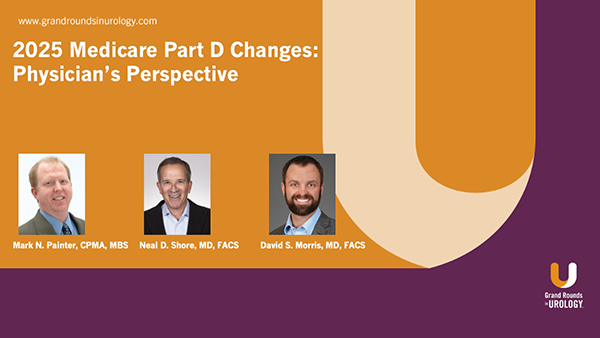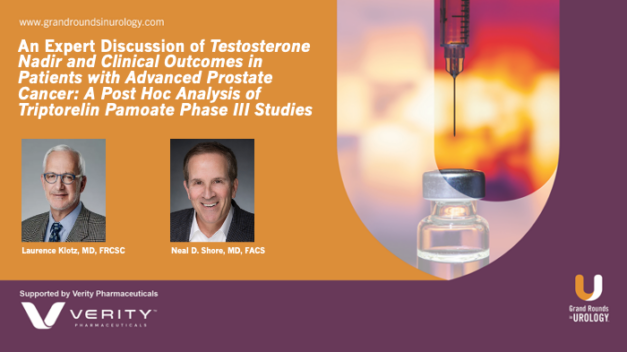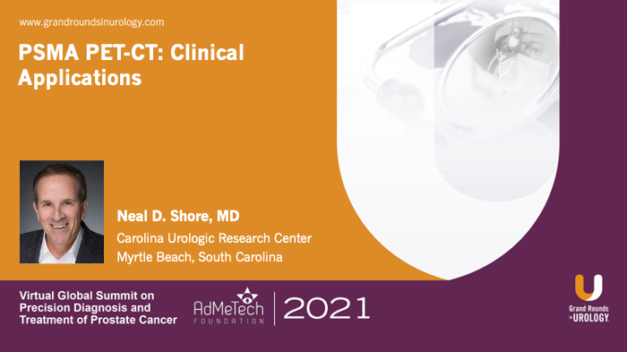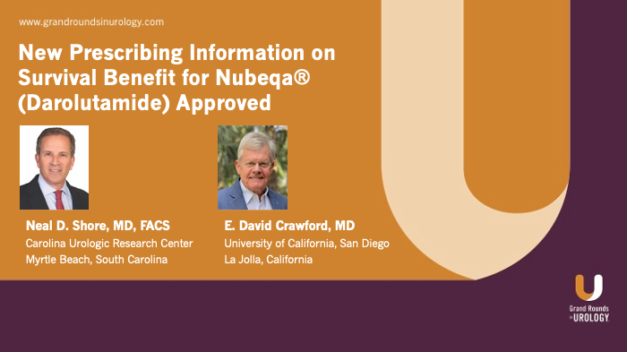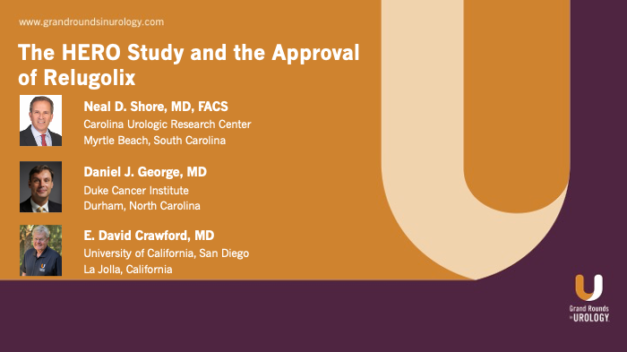2025 Medicare Part D Changes: Physician’s Perspective
Mark N. Painter, CPMA, MBS, Managing Partner, Consulting LLC, CEO, PRS Urology Service Corporation, Vice President of Coding and Reimbursement Information and CEO Relative Value Studies, Inc. is joined by Neal D. Shore, MD, FACS and David S. Morris, MD, FACS to discuss the physician’s perspective on the upcoming Medicare Part D updates. They share the benefits of these changes and the possible hardships as well.
In this third part of this series, Mark briefly highlights the Medicare Part D changes, such as the reduction of the maximum out-of-pocket expenditure and the Medicare Prescription Payment Plan (MPPP) or “smoothing option”, that the first part of this series covers in more detail. Neal D. Shore, MD, FACS and David S. Morris, MD, FACS then join Mark to share their point of view as physicians on how they are planning to maneuver these changes in the best way. David S. Morris, MD, FACS discusses how he thinks these changes will give a positive outlook to a patient’s finances, for example with the smoothing option or through grants. Also, Neal D. Shore, MD, FACS shares how offices have to prepare to help patients through the process of understanding and taking advantage of these upcoming updates.
This 15-minute discussion concludes with all speakers agreeing that the financial burden on the patient is key when it comes to medications, but they are cautiously optimistic that these upcoming changes will benefit patients, although many will still rely heavily on grants and funding to get the medications they need. Both physicians share in their hope that the upcoming Medicare Part D changes will be a step in the right direction to making healthcare more accessible to all patients and a reminder: Open Enrollment begins October 15, 2024, and runs through December 7, 2024.
Read More
